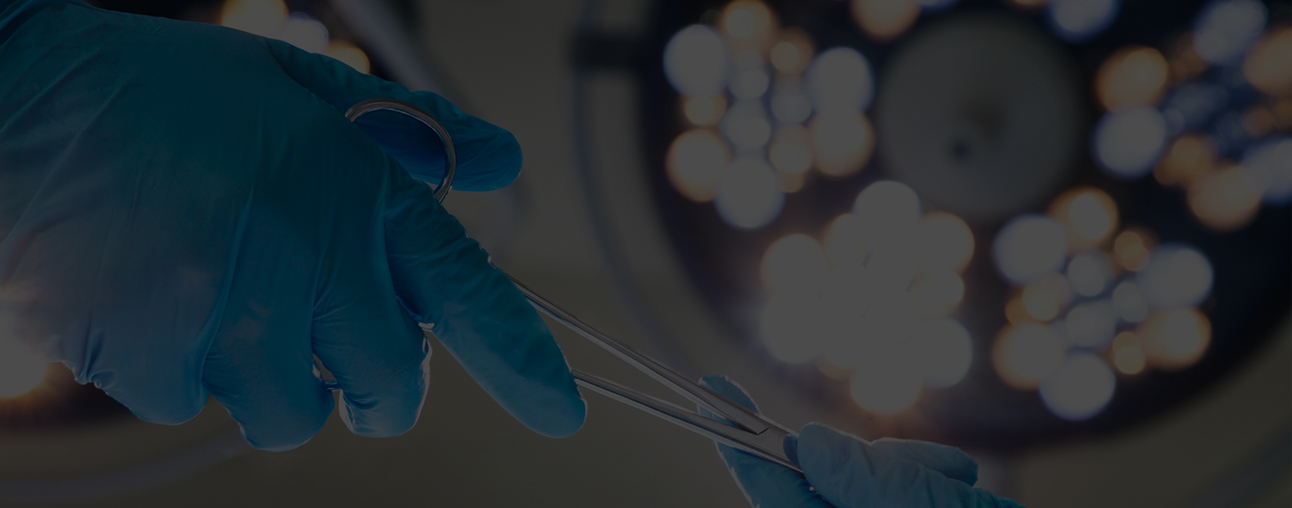

Bladder problems may arise from long-standing prostate swelling, giving rise to symptoms such as frequency, urgency and leakage when unable to ‘hang on’. Neurological (nerve) problems can also cause bladder over-activity. Treatments may include tackling the underlying problem, or managing the bladder symptoms with tablets ("anti-cholinergic" tablets, or Mirabegron), or Botox injections into the bladder. Very rarely, complex bladder surgery may be required to increase its capacity.
Sphincter problems usually arise from previous surgery or radiotherapy eg for prostate cancer. Up to 20% of men may need to use pads after a radical prostatectomy, but very few (< 1%) have incontinence after surgery for benign prostate disease (TURP, laser prostatectomy etc).
Incontinence following radical prostatectomy may improve spontaneously for up to a year after the cancer surgery, but after 1 year things tend to ‘plateau’ and remain the same. At this point it is useful to have an assessment by a reconstructive urologist, who can assess the degree of leakage, and the impact on quality of life.
A number of effective treatments are available for post-prostatectomy stress incontinence, including tablet therapy, injections around the urethra, a Male Sling procedure or an Artificial Urinary Sphincter (AUS).
Read more about male sling prcedures
Read more about AUS (artificial urinary sphincter)
To establish a clear diagnosis as to the type of incontinence, it is usually necessary to undergo bladder pressure tests (urodynamic studies), which measures the pressures in the bladder during filling and emptying. This is a 20-minute test and involves passing a catheter tube into the bladder and measuring bladder pressures during filling and emptying. Occasionally a cystoscopy (a look inside the bladder with a fine telescope) is also required.
 |
07552 775247 |
 |
office@rowlandrees.com |
 |
Follow us on twitter |

Company Registration in England and Wales Company Registration: 07712943
Registered Address: Station House, North Street,
Havant, Hampshire, PO9 1QU
Members of:





